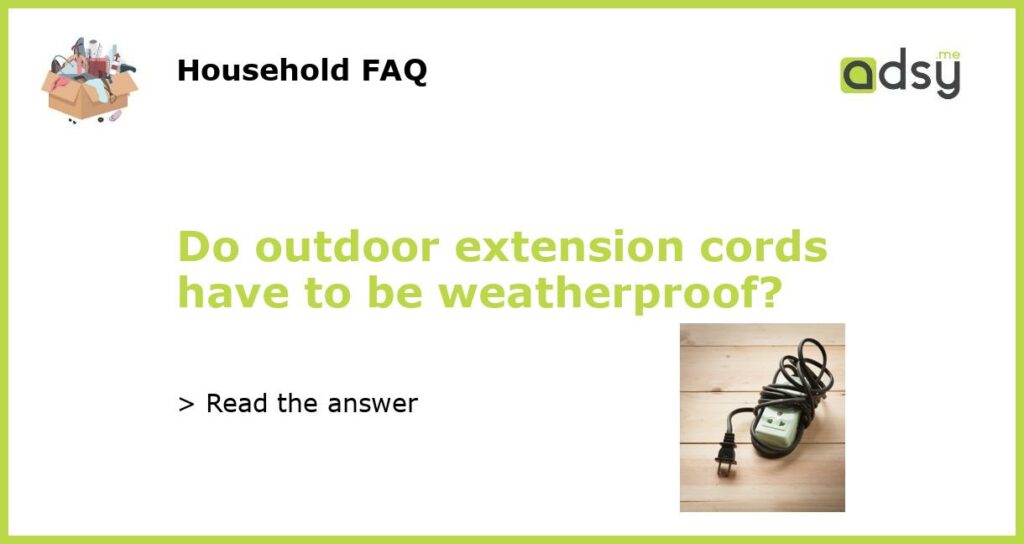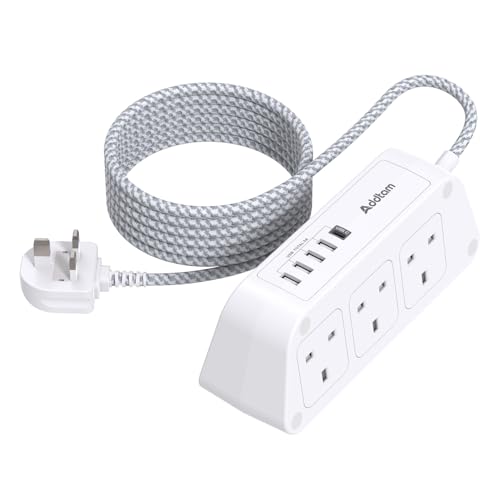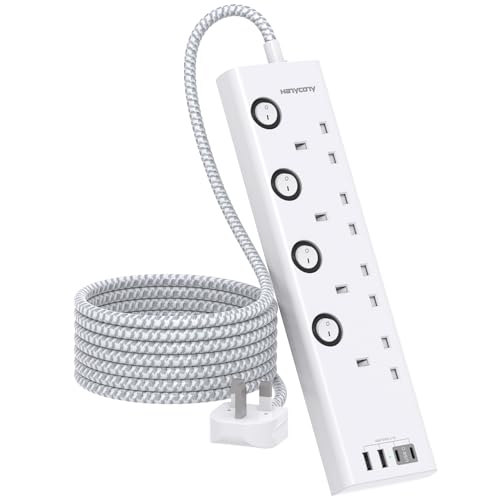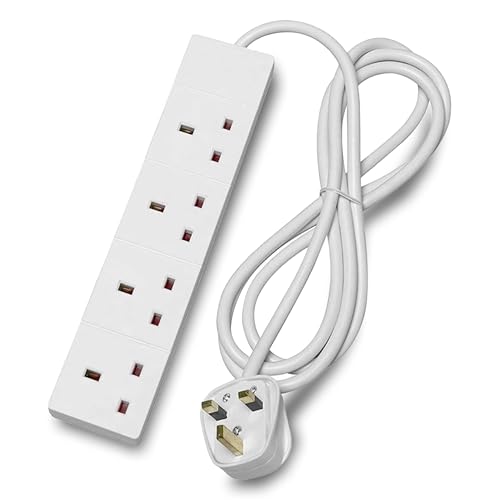What is an outdoor extension cord?
An outdoor extension cord is an electrical cable designed to connect outdoor electrical appliances or devices to a power source. They come in various lengths, gauges, and colors and are mainly used for outdoor activities such as gardening, camping, and other outdoor events.
What is a Weatherproof Extension Cord?
A weatherproof extension cord is designed to withstand the harsh environmental conditions that occur outside. They are built with materials that are both waterproof and weather-resistant such as rubber, PVC, and thermoplastic. Weatherproof cords are identified by the “W” symbol on their jacket and are suitable for use in rain, snow, and outdoor conditions that other extension cords cannot withstand.
Do outdoor extension cords have to be weatherproof?
The answer to this question is yes. Outdoor extension cords are used to power outdoor equipment, lights and other electrical appliances, and should be weatherproof and designed for outdoor use. The cords need to be waterproof, weather-resistant, and durable enough to withstand outdoor elements such as rain, snow, and extreme temperatures. Using an indoor extension cord for outdoor use can be hazardous and result in damage to the appliance or the cord, electrical shock, or even fires.
What are the safety hazards of using an indoor extension cord outside?
Indoor extension cords are not designed to withstand the harsh weather components outdoors, and using them outside poses a safety hazard. They do not have the required PVC or thermoplastic jackets to protect the cord from moisture, sunlight, and temperature changes. The cord’s insulation can easily break down, leading to short circuits, electrical fires, or electrical shock.
What is the best way to store outdoor extension cords?
After use, ensure that you store outdoor extension cords properly to prevent damage. The best way to store them is to roll them up and hang them in a dry place out of direct sunlight. Wrap the cord around your arm or use a cord reel to avoid making kinks or knots in the cord. When using the cord in wet conditions, keep the connections and plugs dry and off the ground.






